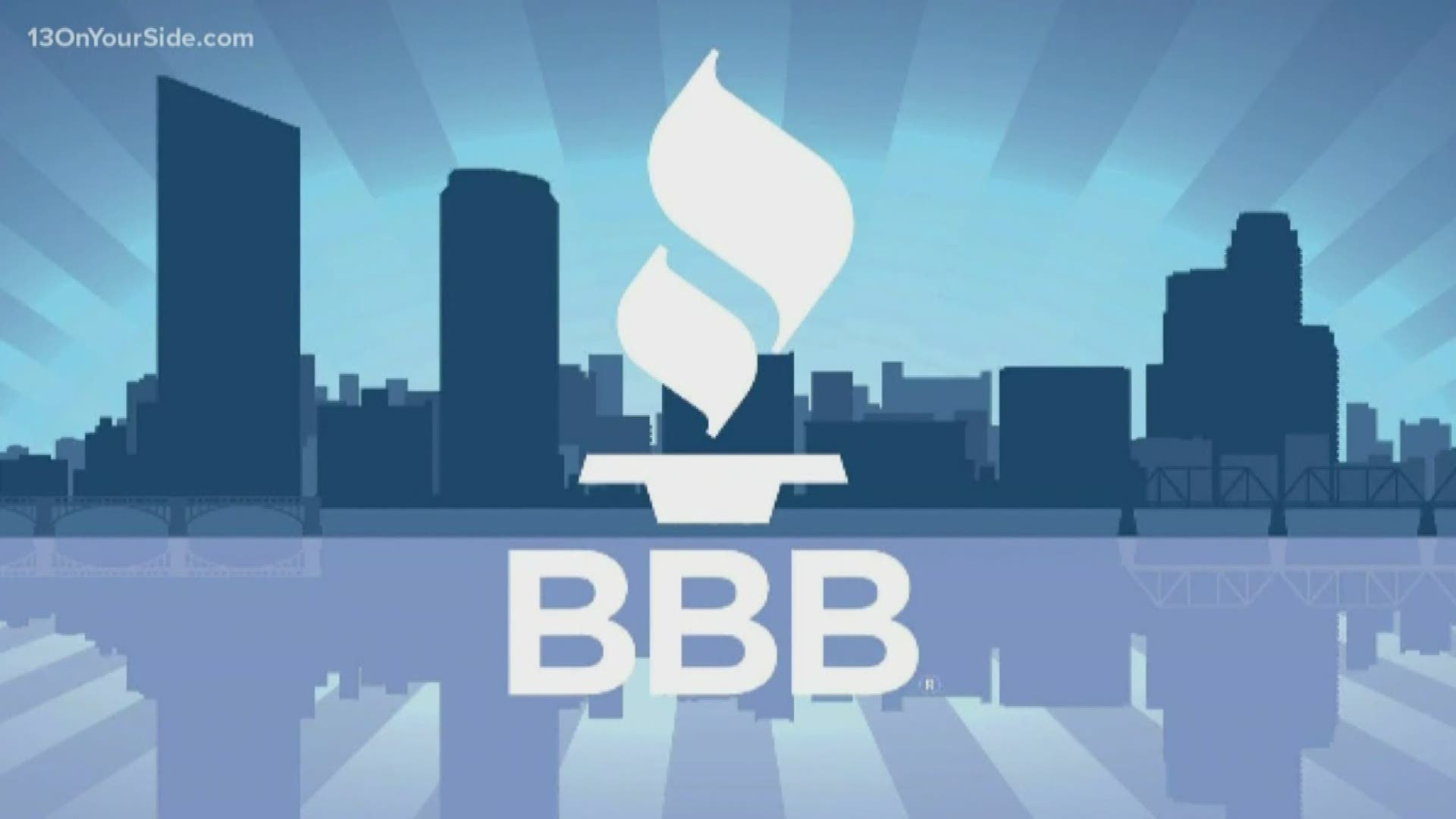GRAND RAPIDS, Mich. — As government relief checks begin to go out, federal authorities are warning people about scammers exploiting fear and ignorance to line their own pockets.
“Scammers might try to reach out, pretending to be from a bank or pretending to be from the IRS,'' said U.S. Attorney Andrew Birge. "They try to get people to turn over identification information or account information.’’
Don’t fall for it, Birge said.
“The IRS is not going to call people or email or solicit that kind of information. You see that, hang up.’’
Birge says federal law enforcement is poised to track down those who try to enrich themselves at the expense of others during this national emergency.
“I would not want to be someone who tried to take advantage of the pandemic and find myself in front of a federal judge,’’ he said.
Wire fraud and mail fraud are typically 20-year felonies. But if the federal crimes are tied to the coronavirus pandemic, offenders are looking at an additional 10 years.
“So, up to 30 years in prison and a $1 million fine,’’ Birge said. “Is it really worth it?’’
Federal and state authorities are putting Americans on notice that scammers will be out in force, trying to siphon money or peddle worthless products that offer pandemic protection.
“They’re using the pandemic and people’s worry to try to get an edge, to get them to turn over information they otherwise wouldn’t,’’ Birge said.
For scammers, economic impact payments may seem like the Holy Grail. They’re part of the $2.2 trillion rescue package signed into law by President Donald Trump.
Payments are expected to get underway shortly. They will be distributed automatically, with no action required by most people.
The IRS will deposit relief checks into the direct deposit account previously provided in tax returns. If no banking information was provided, checks will be mailed.
“For those who are getting a check in the mail, be aware; get out to your mailbox right away,’’ Birge said.
As the checks begin heading out, Birge says he expects scammers and mail thieves will swing into action. People should be on alert for anyone asking for bank, debit and PayPal account information.
Scammers, Birge said, will use strong-arm tactics. This includes insisting that account information must be provided to get your relief check.
Also be on the lookout for a “check’’ with an odd dollar amount that requires verification, either online or by calling a telephone number. It is also a scam, Birge said.
To keep abreast of new scams and schemes, visit www.irs.gov. People can also report fraud to the IRS at disaster@leo.gov or by calling the National Center for Disaster Fraud Hotline at (866) 720-5721.
Federal law enforcement will remain on constant prowl for scam artists, Birge said.
“The reach of federal law enforcement is a long one,’’ Birge said. “We will track people down and we will bring them to justice.’’
RELATED VIDEO:
►Make it easy to keep up to date with more stories like this. Download the 13 ON YOUR SIDE app now.
Have a news tip? Email news@13onyourside.com, visit our Facebook page or Twitter. Subscribe to our YouTube channel.


